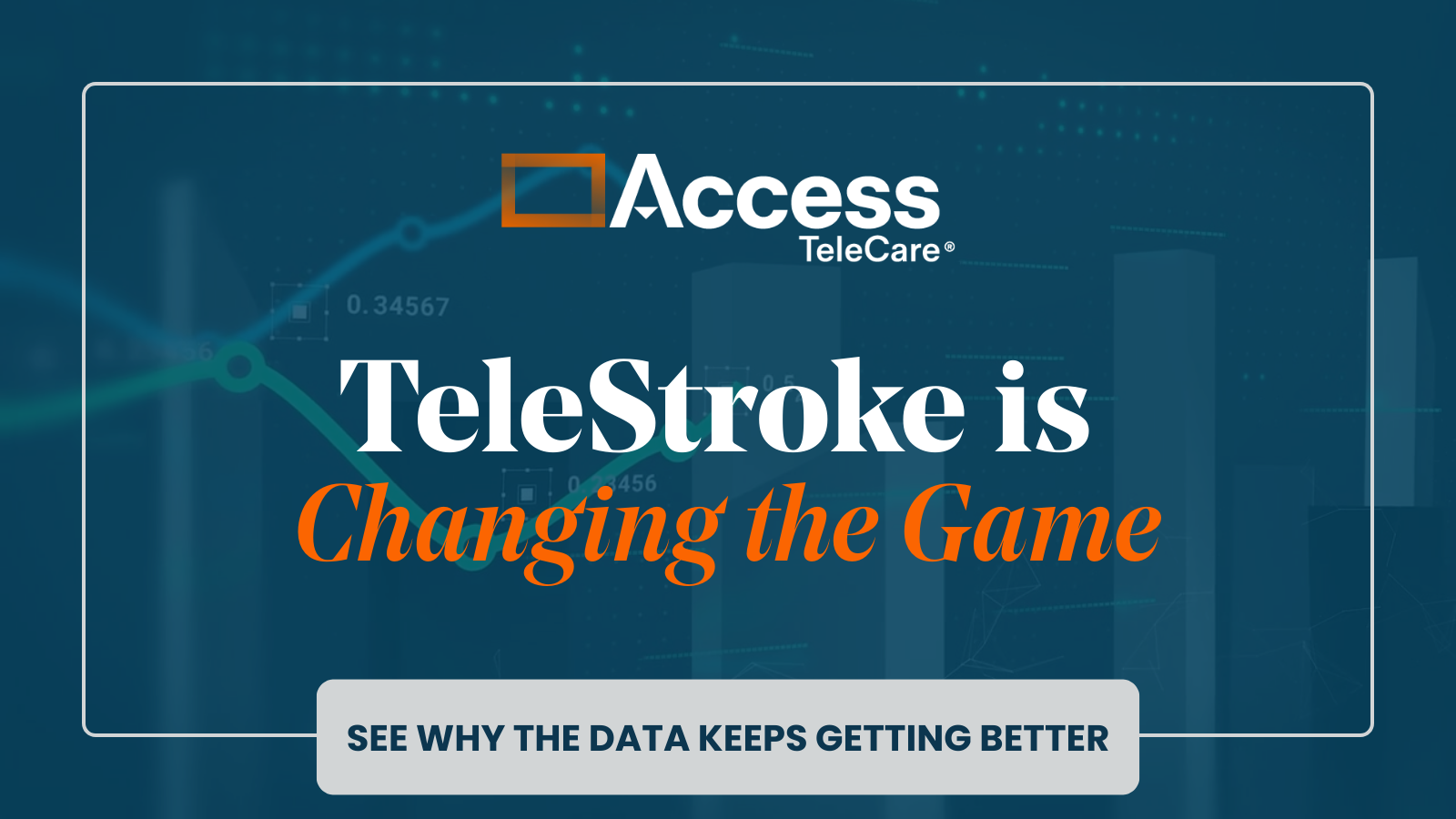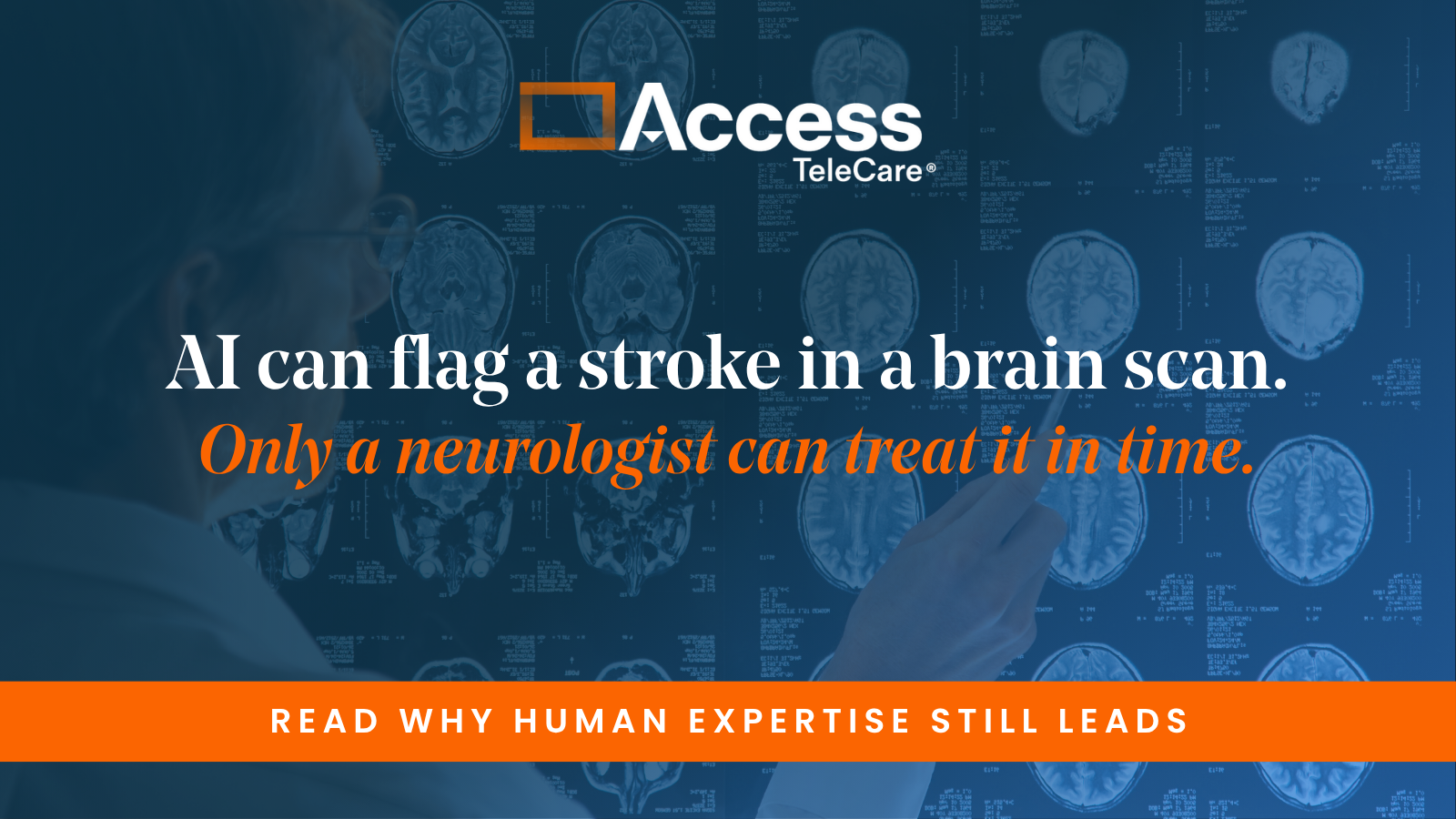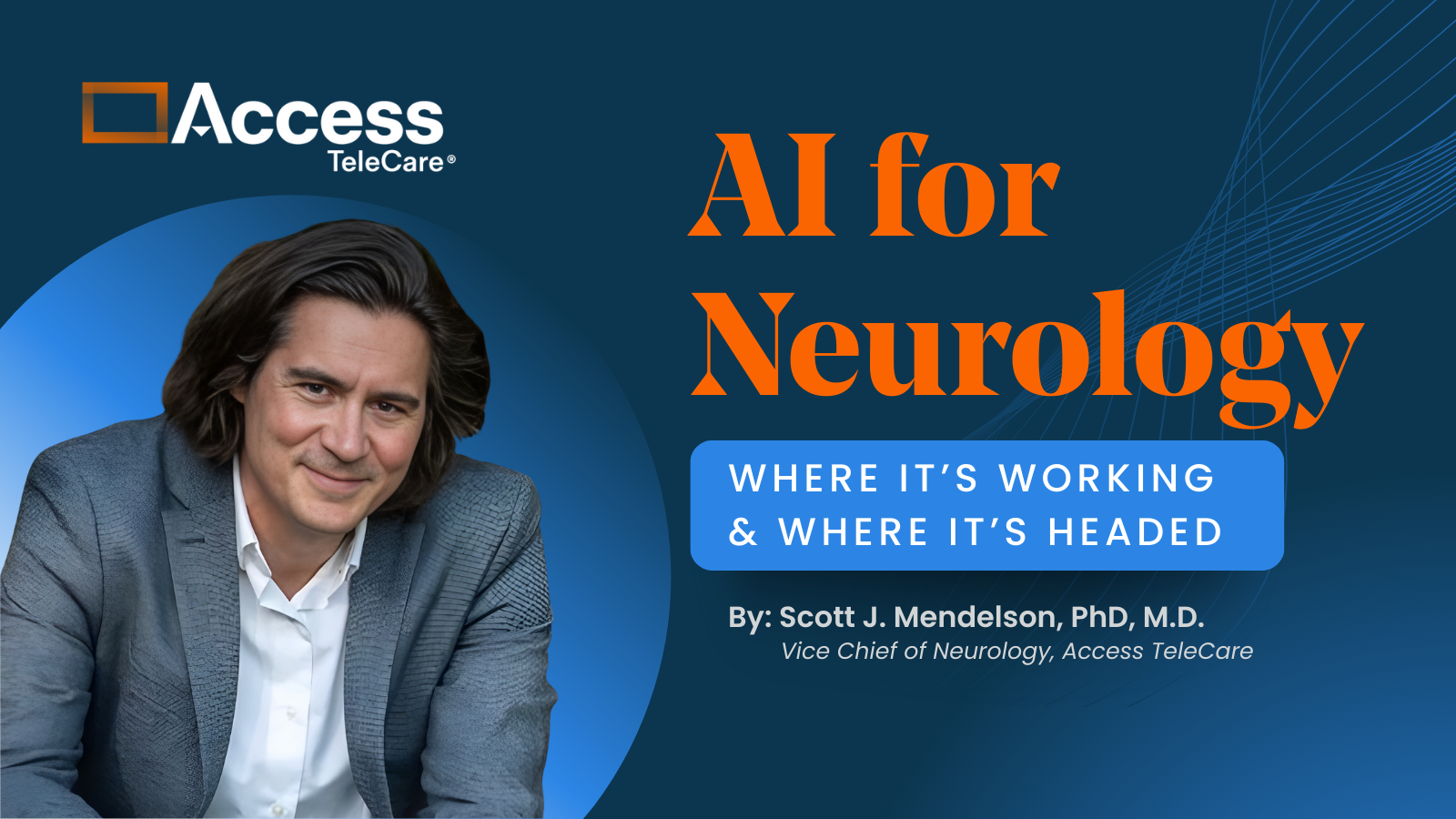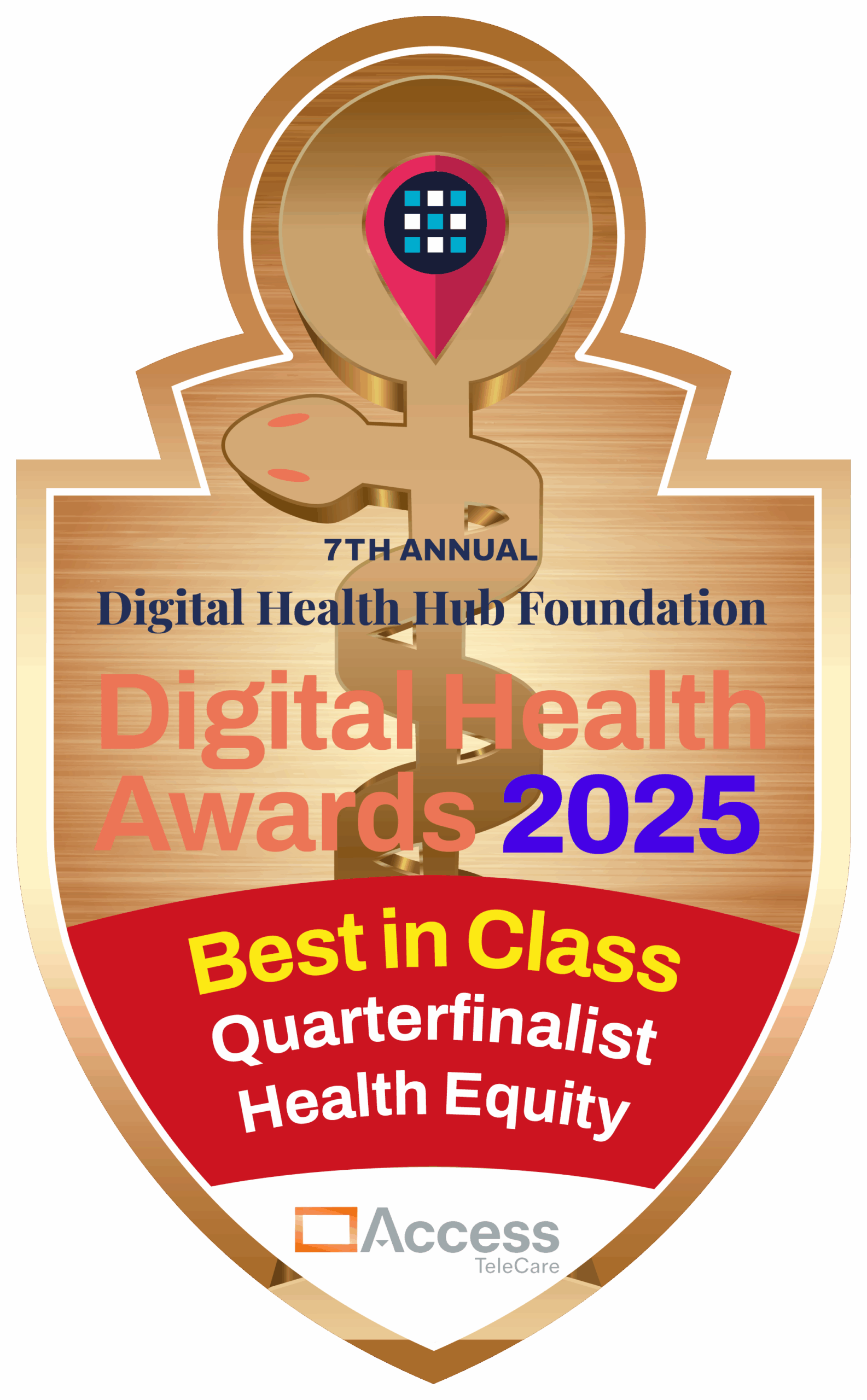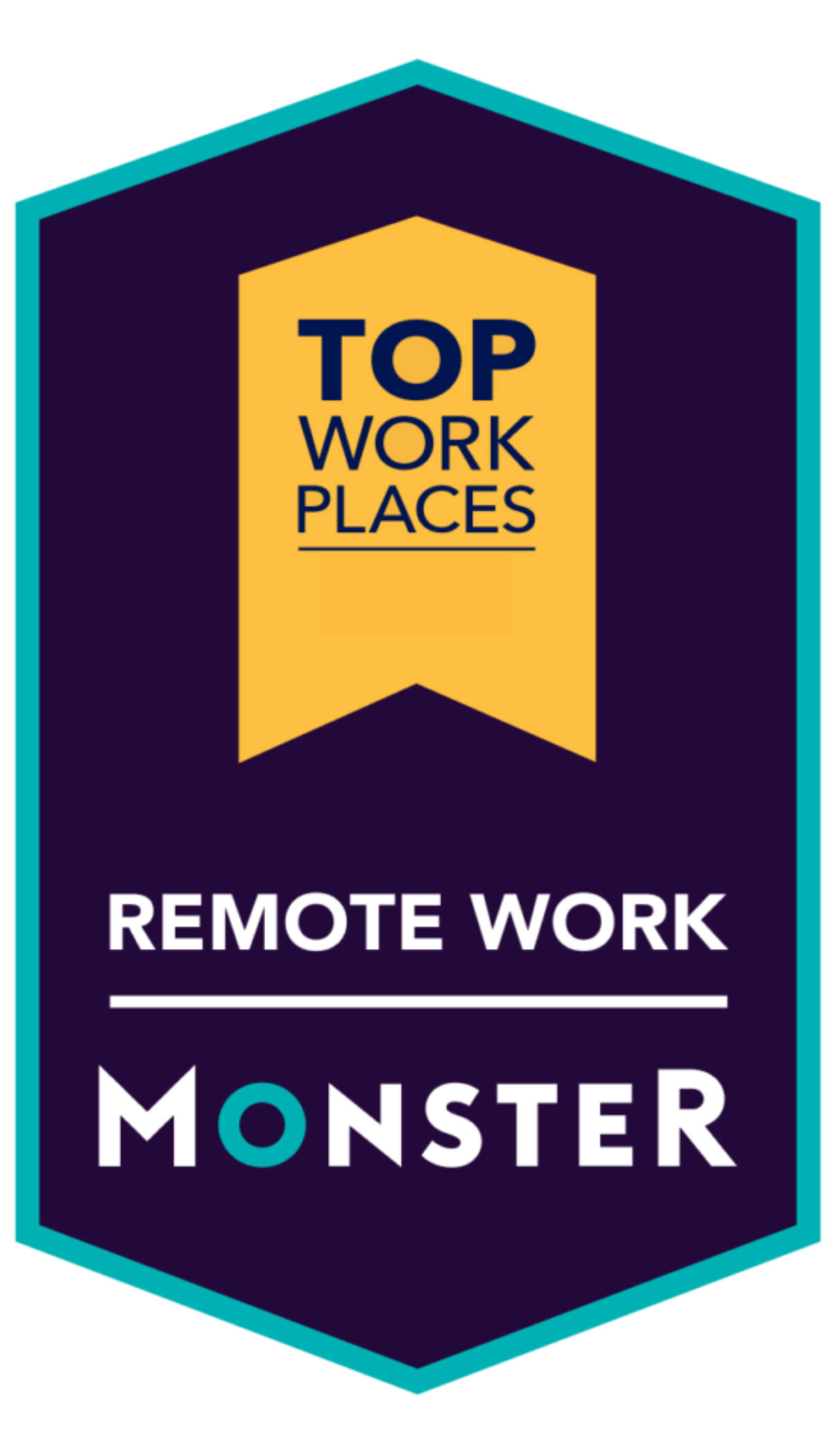Access TeleCare’s medical director of quality and practicing neurologist Elaine Jones, M.D., FAAN, spoke with Georgia Public Broadcasting (GPB) on the implications of emerging research on the link between loneliness and an increased stroke risk and the fundamental challenges clinicians face when diagnosing chronic loneliness.
“There are differences between being alone and being lonely and being socially isolated,” Jones told GPB. “They’re not all synonymous, and they have different effects on people. Everyone may have a different perception of it.”
The subjectivity inherent in diagnosing chronic loneliness adds additional layers of complexity for hospitals treating patients who may be at a higher risk of stroke.
With Access TeleCare, hospitals maintain timely access to neurology and teleStroke experts who collaborate and support on-site teams in real time to quickly diagnose and treat patients who may be at an increased risk of stroke. With more research highlighting loneliness and other factors as drivers of increased stroke risk, it is more important than ever that hospitals maintain capacity and readiness to assess patients with neurological care needs in a timely manner.
Contact us to learn more about our teleNeurology and teleStroke programs.
Last year, Dr. Jones received the 2023 President’s Award from the American Academy of Neurology in recognition of her work with patients and her contributions to the field of neurology.
Georgia Public Broadcasting is affiliated with PBS through its public television stations and with NPR through its listener-supported radio stations.


